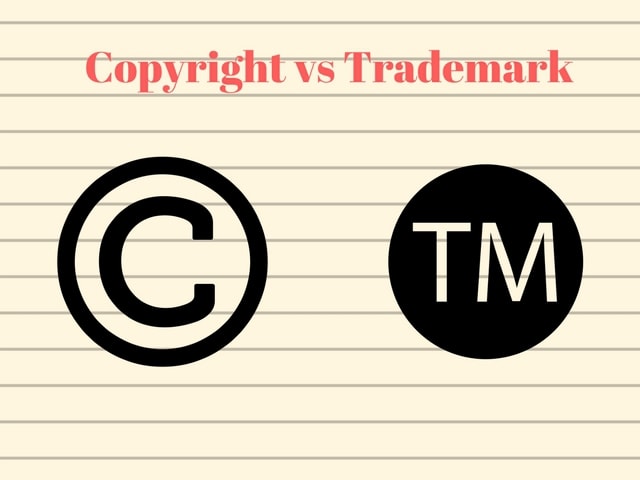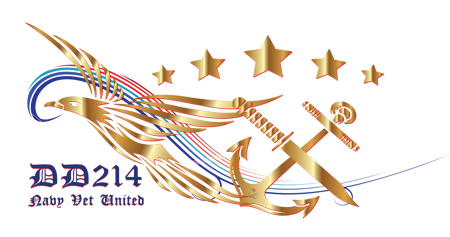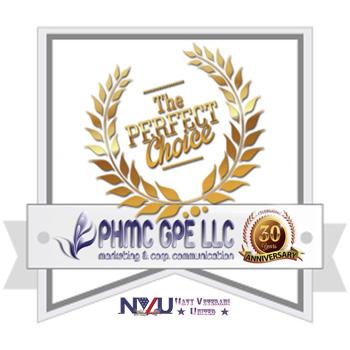There are several differences between a copyright and a trademark. However, to understand the differences, first we need to understand what copyright and trademarks are.
What is Copyright?
Copyright cover is a law or legal right provided by the law of any given country that gives the creator or author of an original piece of art exclusive rights for its distribution and use. It is a form of safeguard for intellectual property for certain works of art. Exclusive rights associated with copyright are not absolute; they are limited by exceptions and limitations to copyright law. One key downside of copyright is that it only safeguards the original presentation of ideas but not the underlying expression of ideas themselves.
Copyright is issued only for a limited period of time. Usually, these periods spans throughout the author or creator’s life plus an additional 50 to 100 years after the death of the author. The additional years serve to protect the legal heirs of the author from any unlawful reproduction, distribution, duplication et cetera. This is because copyright is considered an intangible asset.
Copyright can also be registered for purposes of placing on record an account that can be verified by the content and date of the work so that if a legal claim arises, the owner is able to produce an official copy from the government to claim ownership. However, it is quite common and normal to confuse between copyright granting and copyright registration. Copyright granting is automatic in most countries and applies as soon as the artistic work is finished and placed in a tangible medium from where it can be easily accessed.
Some of the advantages of copyright registration include the following; it establishes a record of ownership of the work by the copyright holder in government, if registered within three months after publication then the holder of the copyright is able to seek attorney’s fees and statutory damages in court and it also makes it easier and able for the rights holder to sue infringers in court.
What is Trademark?
A trademark is a sign, image, mark, design, logo, phrase, symbol, expression or a combination of all that is recognized by law and is used to identify products from a given company and distinguish them from products from other companies. It is primarily used to identify the legal brand owner of a certain product or service.
The owner of a trademark can be a business entity, an individual or any other legal entity. The trademark can be placed on a label, on a package, on a voucher or even on the product itself. For corporate and other large businesses, the trademark identifying them is usually displayed on the company premises. Trademarks can also be licensed to others.
Unauthorised and illegal use of trademarks is called brand piracy. Informally, trademark refers to any distinguishing attributes that readily identify an individual or group of individuals, for example, the most prominent characteristics of performing artists.
Trademark also has particular exclusive rights attached to it. It is important to note that these rights arise from the use of or maintenance of exclusive rights over, in relation to particular products and services while making the assumption that there are no other trademark difficulties or objections. Trademark can also be registered upon which the registered owner gains some exclusive rights pertaining to the registered trademark. Once a trademark has been registered and established in a certain region, the rights of the trademark are only enforceable in that region. However, some trademark laws that are international facilitate the safeguarding of the trademarks even outside the area of jurisdiction.
What is the Difference between copyright and trademark?

Quite often, copyright and trademark can be confused because they serve almost the same purpose but there exist several distinct difference between copyright and trademark. It is outlined and discussed in detail below.
While copyright is the total legal right given by law to the creator or writer of an artistic or literary work to make use of, duplicate and market, the trademark is any logo, company name, symbol, design, mark or a combination of all used to recognize a company behind a certain product. In simpler terms, copyright ensures that nobody can duplicate or reproduce contents of an artistic work without compensating the creator or his/her legal heirs while trademark gives security to the owner from unauthorized use by others.
Another key difference between copyright and trademark is the period which the rights of issuance remain in force. In the case of copyright, the legal rights are given to the owner for a term covering his/her lifetime and an additional number of years (usually between 50 to 100 years) to help protect his/her legal heirs. This is because copyright is considered an intangible asset. In contrast, trademark rights are issued for a period of ten years upon completion of which the owner or business entity can then renew the trademark for a time period which is unlimited provided payment of a stipulated fee is made. Another distinct difference is that trademark rights cover only a certain area, that is, a trademark has limited coverage. It usually covers the area where goods produced by the covered company are traded which is often a single country for the small and medium-sized companies. Copyright, on the other hand, is not limited to a particular region or area but rather has international coverage meaning a copyright holds anywhere in the world.
Another major difference is that for copyright, the subject matter is the artistic or literary creation of the author, that is, the law seeks to cover an original creation from unlawful reproduction or duplication by unscrupulous individuals. Copyright bars others from making use of the original work. Conversely, for trademark, the subject matter is the goods and services that are being traded, that is, the law seeks to prevent public confusion and stop others from using a similar symbol for its goods and services.
Conclusion
In conclusion, copyrights and trademarks are enshrined in law to offer protection to the holders against offenders and therefore it is illegal and criminal to infringe against the copyright and trademark rights.
Sourcess: PHMC GPE LLC - Marketing91 - Expand Your Knowledge - HO.us











